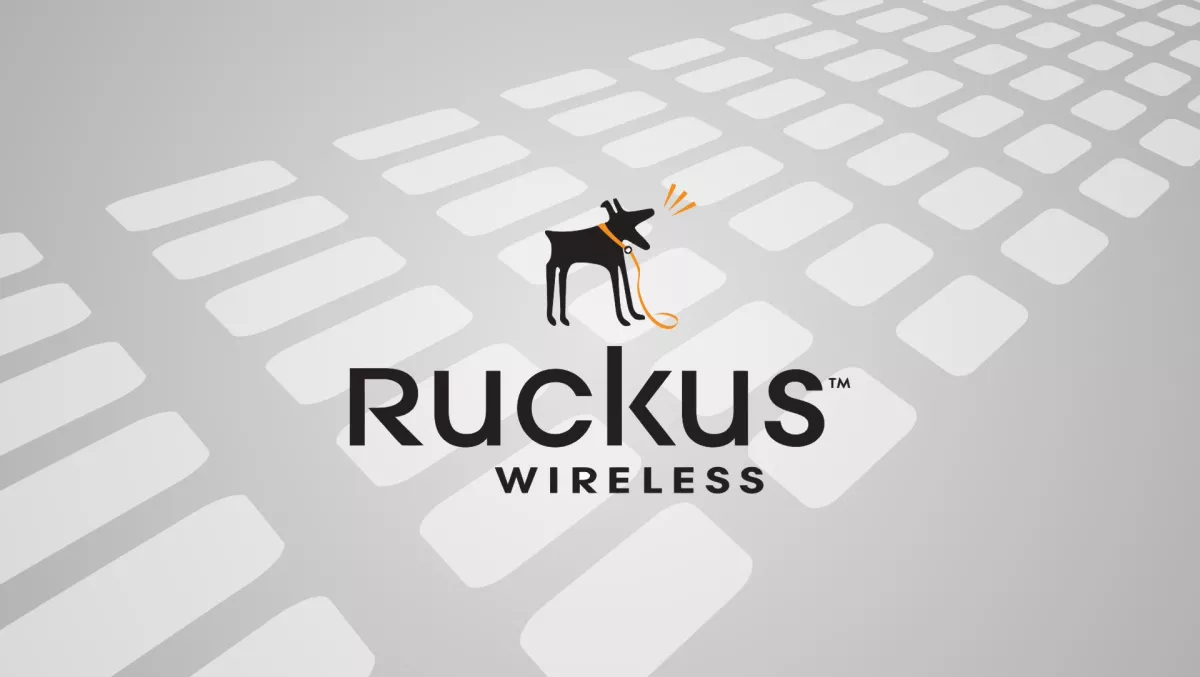
Putting Wi-Fi smarts in the cloud enables businesses to offer Wi-Fi as a valueadded service – and monetise it, says Ruckus Wireless' Renilda Saguil.
Mobile data consumption by consumers continues to rise, and access to the internet while on the go is becoming increasingly important.
However, many Kiwis are changing the way they use their smartphone because they are worried about mobile data usage.
Accordingly to a study by 2Degrees, more than two-thirds (73%) of smartphone users have some level of concern about unexpected data charges.
As a result, consumers are increasingly becoming reliant on businesses, venues, restaurants, etc. to offer Wi-Fi hotspot service as an amenity to satisfy their data hunger.
For those businesses looking to provide Wi- Fi as a value-added service, up to now, there have been two choices: high-capacity, costly and complex-to-manage enterprise WLAN systems or affordable, best-effort and hardto- manage consumer-grade Wi-Fi – with little in between.
In addition, they often have to justify their expenditure in offering a free Wi-Fi service in their premises. Those days are gone.
Managing Wi-Fi from the cloud
Advances in the wireless industry are bringing together best-in-class Wi- Fi with cloud computing to simplify the provisioning, management and monetisation of public Wi-Fi access.
Consumers’ insatiable demand for reliable Wi-Fi access coupled with businesses, tight IT budgets, are driving up demand for cloud-managed wireless LANs, according to IDC.
By putting Wi-Fi smarts in the cloud, businesses can eliminate the need for on-premise hardware controllers and authentication servers, as well as receive some new tools, provided by Smart Access Management Services (SAMs).
SAMs includes a variety of web-based tools for defining a visitors experience in a hotspot and for collecting information about users, as well as, patterns of use.
It enables businesses to simplify and customise the login experience too. End users simply access the network by using their social media login details or through a simple registration form.
This can provide valuable insight into end-user demographics, such as email addresses, gender, age groups.
With SAMs, businesses will be able to track and evaluate things like total number of session, new versus returning users, average visitor duration and device types.
This enables businesses to provide a more personalised service and relevant offers based on customer insight.
As all the information is stored in the cloud, business owners can easily manage and access this information no matter where they are.
SAMs customised login portals can also enable hotspot owners to offer value-added services such as event branding and banner ads to monetise their hotspots.
The best part is that the opportunities are endless for various sectors, from fast food restaurants, coffee houses, shopping centres, airports, hotels and more.
By putting Wi-Fi smarts in the cloud, businesses will be able to provide subscribers with an enterprise-class Wi-Fi network and personalise the service to offer them what they want, when they want it.
Insights into the usages and customised portals will allow businesses to monetise it, making free Wi-Fi monetisation much easier.